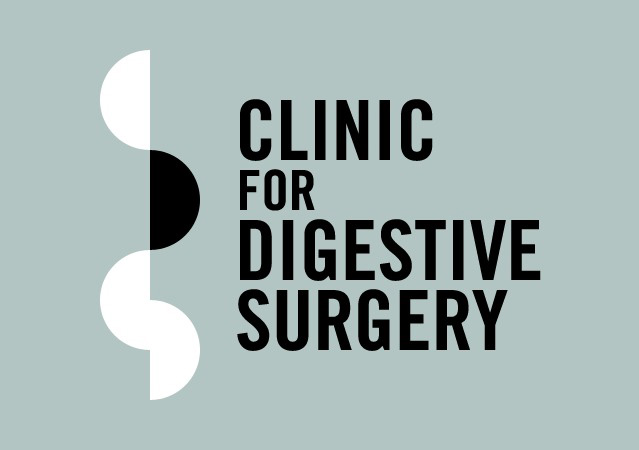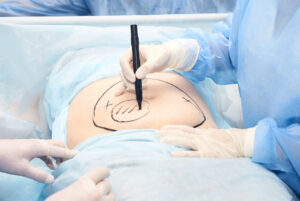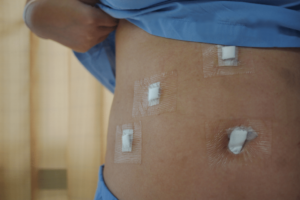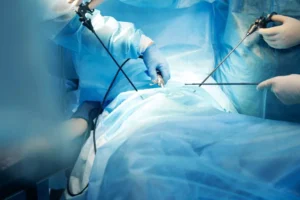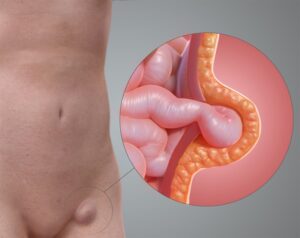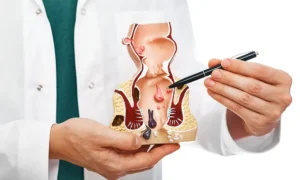Minimal Invasive Oesophageal Surgery
Oesophageal surgery is a complex and challenging procedure that requires experienced surgeons. Oesophagectomy is typically performed to treat oesophageal cancer or a severely damaged oesophagus, often resulting from corrosive ingestion.
Minimally invasive oesophageal surgery offers treatment of oesophageal diseases through smaller incisions. Scientific reviews have shown that oesophageal cancer surgery results in similar lymph node biopsy numbers, less pain, faster recovery, and fewer complications compared to open oesophagectomy.
What are the possible complications of the operation?
The list of complications included is not meant to be exhaustive. Any complications may possibly lead to prolonged hospital stay, long-term disability and even death. Other than potential risks associated with anaesthesia, the complications of oesophagectomy include –
- Wound infection
- Chest infection (pneumonia)
- Irregular heartbeats (Atrial dysrhythmias)
- Leakage from surgical connections
- Narrowing of surgical connections causing intestinal blockage
- Internal bleeding
- Nutrition deficiency
How much oesophagus will be removed?
The extent of oesophagus that needs to be removed during oesophagectomy depends on the disease’s location and extent.
Common types of oesophagectomy and their indications are:
- Distal Oesophagectomy (Ivor Lewis Surgery): This surgery involves removing the lower part of the oesophagus and upper part of the stomach and reconnecting the remaining oesophagus to the stomach. This procedure is performed through abdominal and chest incisions. It is often performed for cancer in the lower third of the oesophagus or oesophagus-stomach junction cancer..
- Total Oesophagectomy (McKeown Surgery): This surgery involves removing almost the entire oesophagus and upper part of the stomach and reconnecting the remaining cervical oesophagus to the stomach. This procedure is performed through abdominal, chest and neck incisions. It is often performed for cancer in the upper and middle third of the oesophagus.
How long is the recovery?
While the time to discharge from hospital after minimally invasive esophagectomy is normally within 7 – 14 days, recovery and time to healing differs between individuals. Post-surgery pain is normally tolerable, and controlled with medicine. Mobility is normally achievable on the day after surgery, while the health care team watches for signs of bleeding, infection or other complications.
